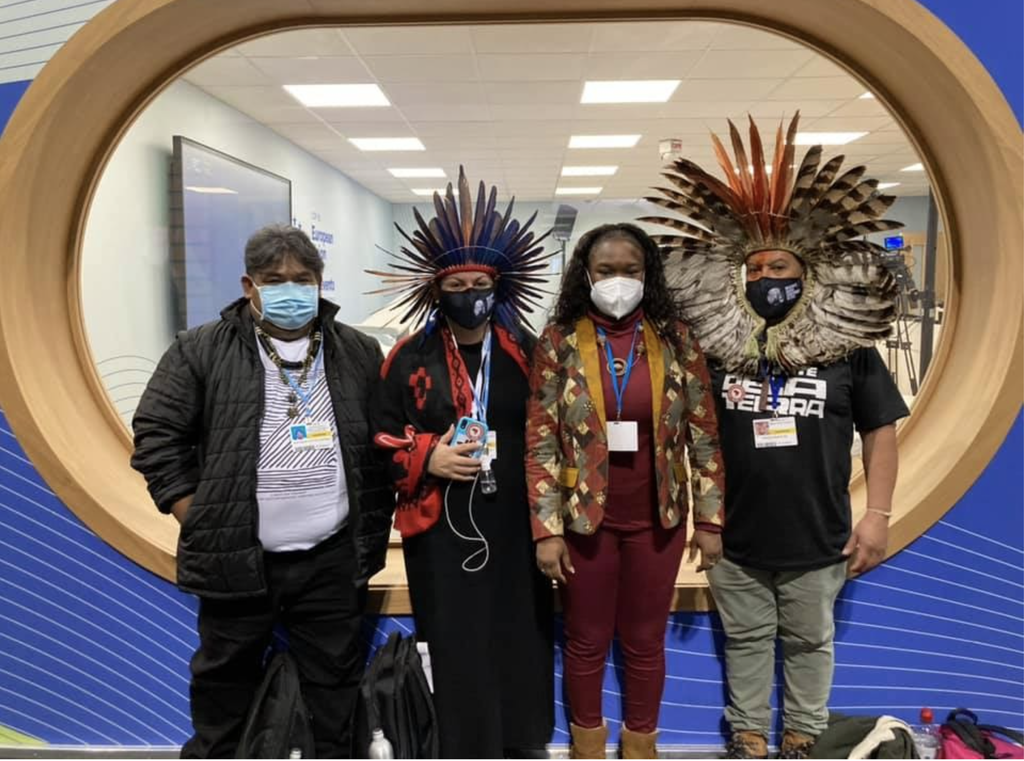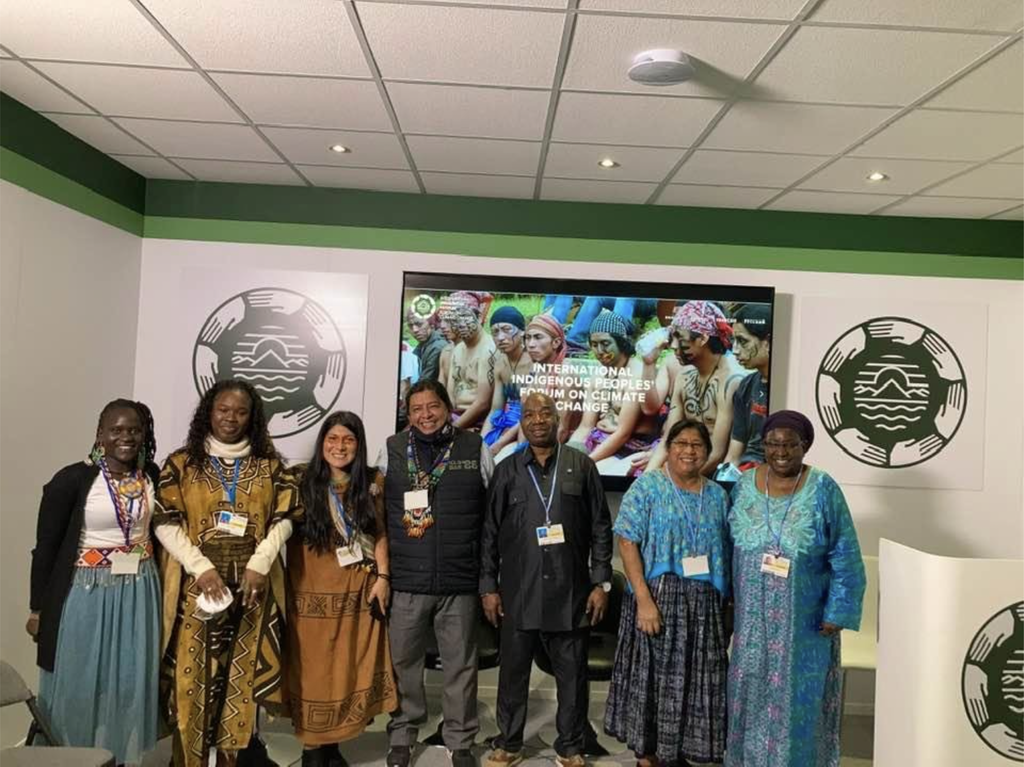As a climate and oceans campaigner from Senegal, West Africa, the global climate meeting known as COP26 left me with really mixed feelings.
What I saw come out of COP26 was quite frankly a death sentence for our people and the Indigenous communities across the globe. Political leaders and industrial lobbyists, instead of safeguarding our future, used their power to keep dirty business as usual.
We saw numerous pledges from rich Global North countries saying we need to do more for emission reduction, mitigation, adaptation, and loss and damage financing. Whilst they entered the space calling for more solidarity but in the end they failed to:
- Enact meaningful measures to keep us below the global temperature goal of 1.5C;
- Deliver the promised $100billion of solidarity climate finance to support the most affected countries;
- Commit dedicated funding for Loss and Damage for those communities already struggling to cope with the impacts of the climate emergency;
- Base their decisions in human rights.
Worse still, they left an open window for carbon market offsets and trading that further commodifies nature, threatens the livelihoods and food security of frontline indigenous communities in the Global South and more importantly opens the door to undergo new forms of colonialism.
Carbon trading is one of the so-called nature-based solutions to the climate crisis that was heavily promoted by big polluters at COP26 as the silver bullet to achieve net zero emissions by 2050 with little pain for the Global North, but detrimental effect to the Global South.
How fair is that? Where is the hope in multilateral spaces like the COP if they are set up to leave the most affected people and communities and Indigenous People behind, with no real power to influence negotiations in a meaningful way? Instead, what was created was a lack of trust, a lack of solidarity. Why are so many Western voices hopeful for these COP outcomes while our people are calling it a death sentence?
How many years will it take to ask the same profit driven polluting corporates and political leaders to recognise the consequences of destroying natural ecosystems, and removing all hope for Indigenous communities to preserve their ancestral lands and harmoniously live with nature.
We need a paradigm shift in this fight. Regardless of belonging to the North or the South, we need to address this climate crisis with courage and honesty. Each region needs to take its own responsibility by acknowledging the real sources of this climate crisis, the stake they have on it, and then provide sustainable solutions for the planet and future generations.
Global North developed countries need to recognise their long history of abusive natural resources exploitation sustained by a failing capitalist system. They need to focus on the root causes of the climate crisis and not seek to shift their historic responsibility towards global south countries, especially in relation to carbon markets that lack transparency, compromise environmental integrity, and perpetuate global inequality by allowing rich companies and governments to pollute, while poorer communities balance the carbon pollution.
Global South developing countries must also be responsible for putting their people at the center of the political agenda and refuse to be welcoming land for carbon market offsets and unsustainable abusive business. They need to move away from the vicious cycle of victimisation and short term profits or personal interest. How long are we going to undergo modern forms of colonialism and the unstainable International aid concept?
The hopeful light at COP26 was the People power that shone stronger than ever.

We saw Indigenous people across the globe, youth climate leaders, activists who came from Kenya, Togo, Fiji, Papua New Guinea, Indonesia, Brazil, Namibia, Philippines, Senegal, Peru, Marshall Islands, Russia (and many more nations) confront political leaders with their stories and struggles for climate, economic, and racial justice.
I had goosebumps when I was marching to George Square and standing in solidarity with Fridays For Future climate activists from the countries most affected by the climate crisis, who were fighting for their future.
I was inspired when I listened to the International Indigenous Climate Action forum leaders share their ancestral land struggles, how resilient they were and are today in order to protect nature and to keep building on their traditional ecological knowledge. It is this 5% of the global population that are at the forefront of the fight for biodiversity restoration, nature conservation and climate justice but yet are suffering from disproportionately high levels of land insecurity, poverty and social dislocation in addition to facing persecution, marginalization, and other forms of oppression. These indigenous community representatives, grassroot movements, and associations brought fire to the COP’s cold political space.
Wherever we come from, we need to start fighting with a joint agenda that will do good to the environment and keep justice and humanity at the centre of our struggle to overcome the climate emergency.COP26’s failures are a signal that we need to RESIST more, STAND together stronger, and FIGHT harder for climate justice. I really hope that the next COP in Egypt will finally put people and the planet at the center of the global political agenda and humanity’s concerns.

